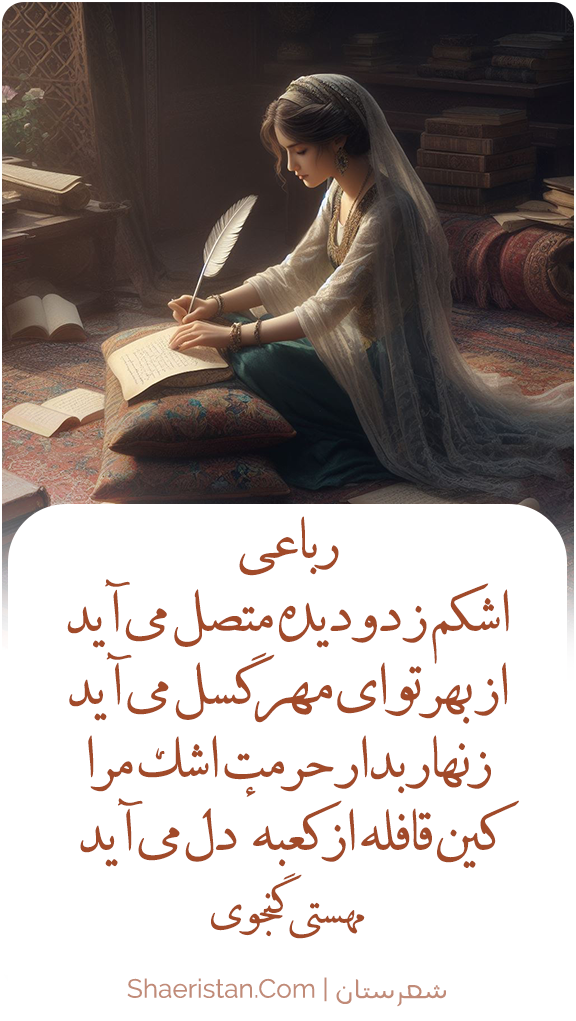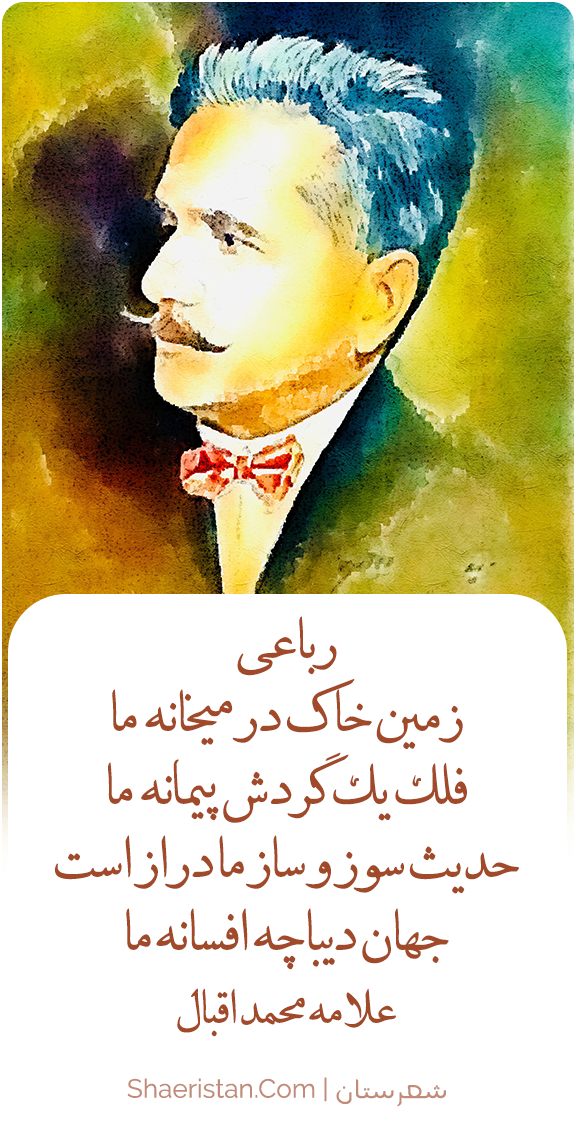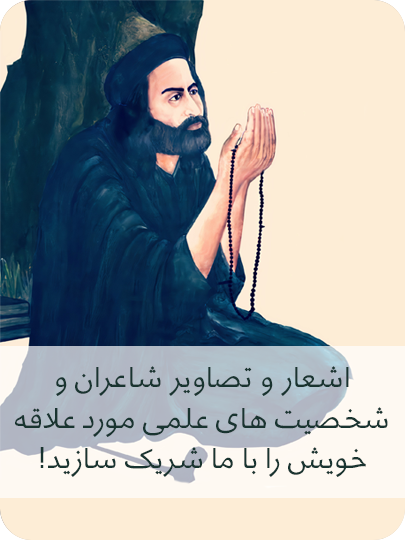Akmal al-Din said: “I love our Master and desire to see him. Even heaven is blotted out of my mind. I find comfort in his image without the need for any discourses or lofty ideas. I rest in his beauty. Pleasure comes to me from his very mien – even from a mental picture of him.”
Rumi answered: Although heaven and God do not enter your thoughts, still they are implicit in love. A beautiful dancing-girl was once playing the castanets in the presence of the Caliph. The Caliph said, “Your art is in your hands.” She replied, “No, in my feet, great Caliph! Excellence appears in my hands only because they have captured the excellence of my feet.”
Although you do not remember heaven in every detail, still your delight in seeing the Sheikh, and your fear of being separated from him, contain all those details. All of heaven is captured in that image.
A family cherishes and loves each other. If thoughts of their care and fidelity, compassion and fondness, and all the other benefits that kinsmen look for from kinsmen – if these thoughts do not enter their minds, still all these details are implicit. In the same way, air is implicit in wood, whether that wood is buried in earth or drenched in water. Without air in wood, fire could have no effect upon it, for air is the fuel of fire, the life of fire. Have you not seen how a breath of air puts life into fire? Whether wood is in water or earth, still air is latent in it. If air were not latent, wood could never rise to the surface of water.
It is the same with the words you speak. Many things are contained in those words, such as intelligence and thought, lips and mouth, throat and tongue, as well as the elements and temperaments, the influence of the stars, and the hundred thousand secondary causes upon which the world depends. On and on you can continue until you come to the world of attributes, and then essence – although none of these realities are put into words, yet all is implicit in your words.
Every day undesirable and painful experiences happen to us without our freewill. Certainly these things contain implicit messages in them beyond our creation. We are under the control of Someone beyond, Someone that watches over. With many, an evil act brings pain. But despite these unwanted experiences, our nature does not want to accept the thought that we are under the control of another.
Divinity, which is the opposite of servanthood, is given to us on loan. We can be beaten over the head, still we won’t let go of our borrowed stubbornness. We forget about our unwanted experiences, and we can not hear their message. Until that borrowed divinity becomes our own, we will not escape from being slapped.






